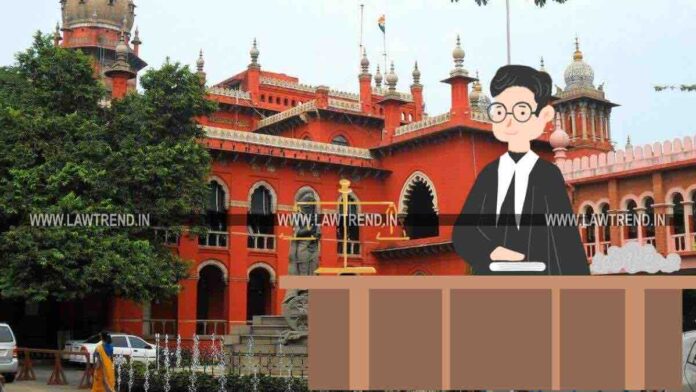In a significant ruling, the Madras High Court has ordered the eviction of Advocate B. Amarnath for creating forged rental agreements to illegally occupy a property owned by the petitioner, B.L. Madhavan. The court emphasized that Amarnath, a member of the legal profession, had engaged in actions that constituted “gross misconduct,” and mandated the Bar
To Read More Please Subscribe to VIP Membership for Unlimited Access to All the Articles, Download Available Copies of Judgments/Order, Acess to Central/State Bare Acts, Advertisement Free Content, Access to More than 4000 Legal Drafts( Readymade Editable Formats of Suits, Petitions, Writs, Legal Notices, Divorce Petitions, 138 Notices, Bail Applications etc.) in Hindi and English.




